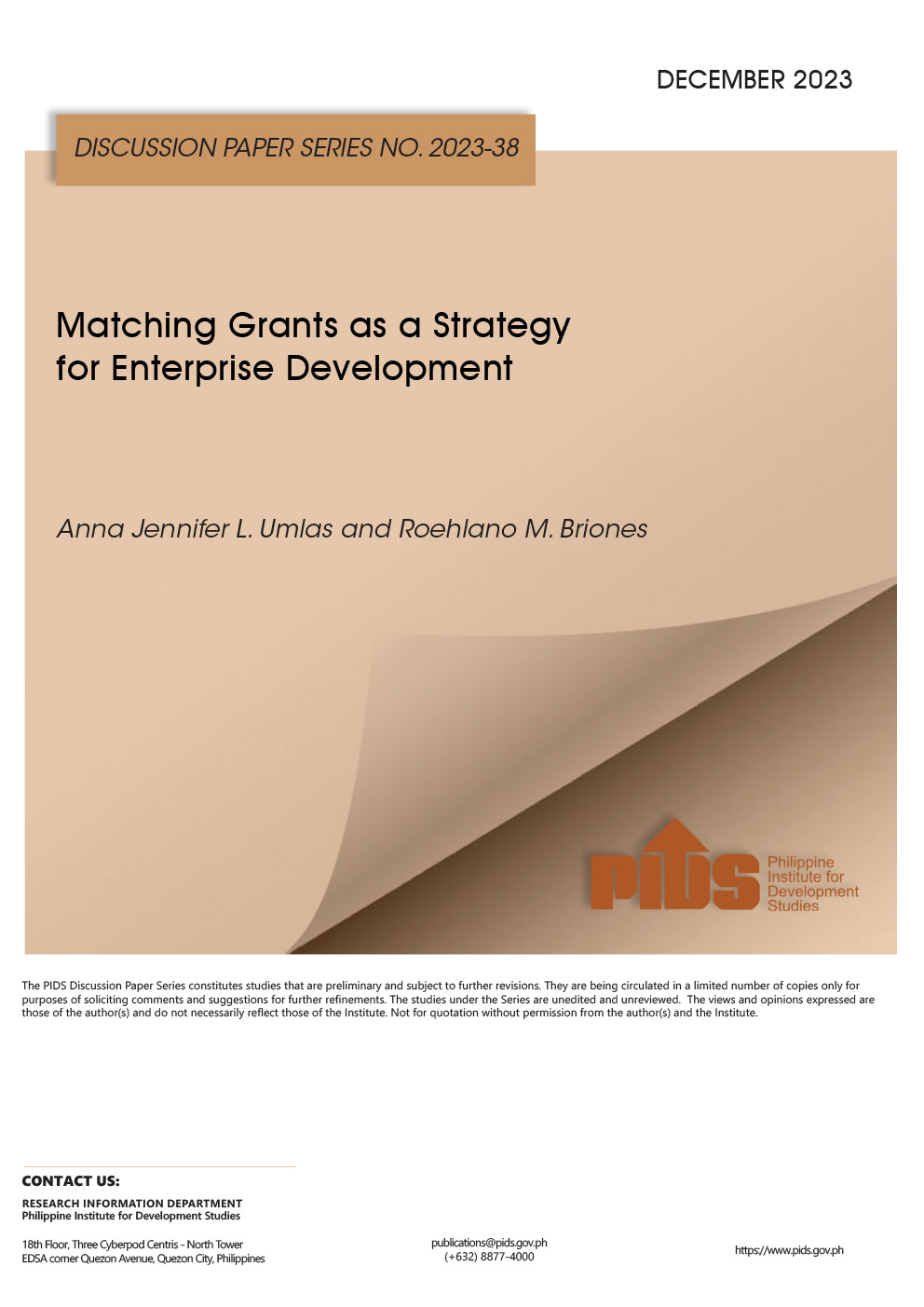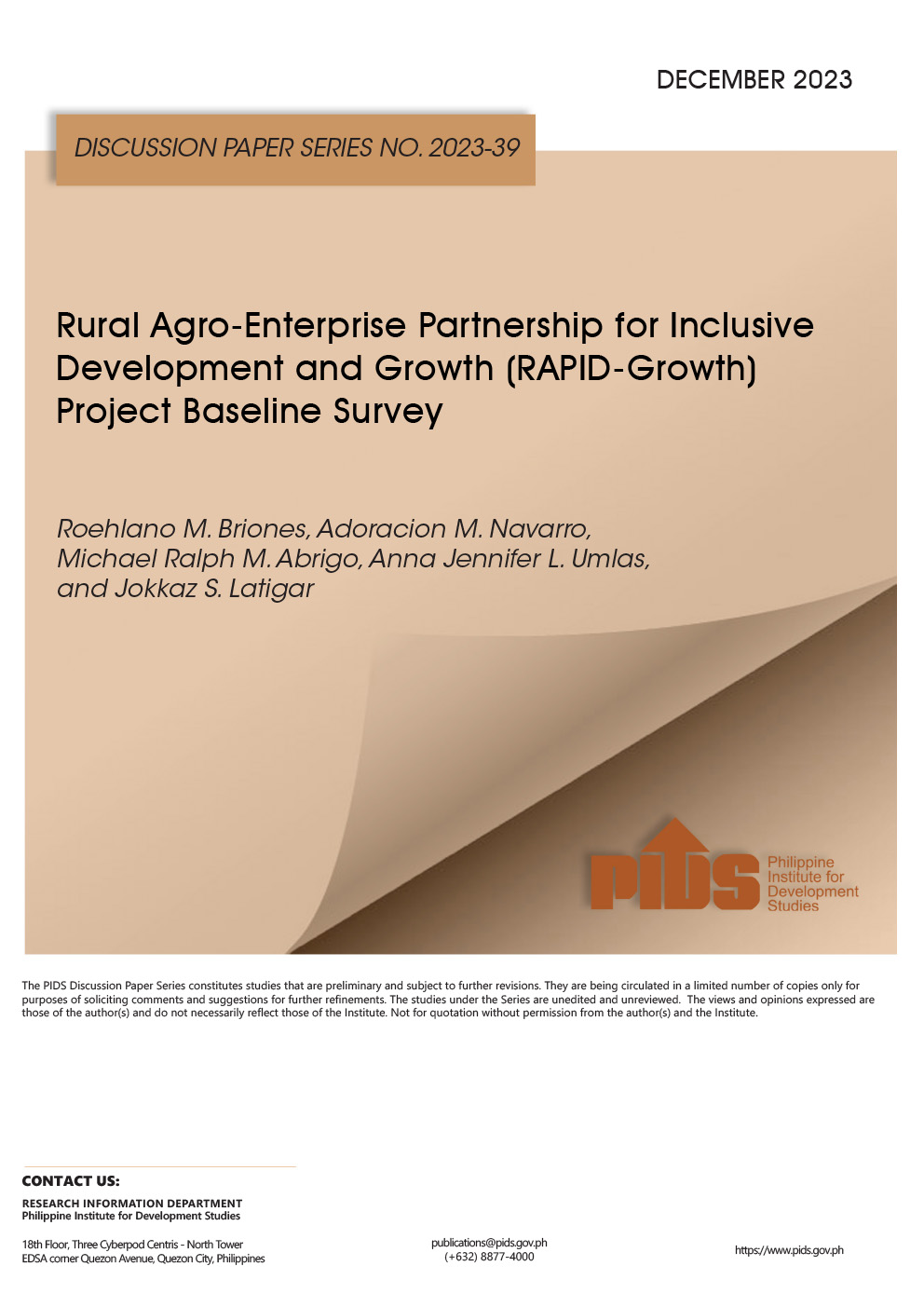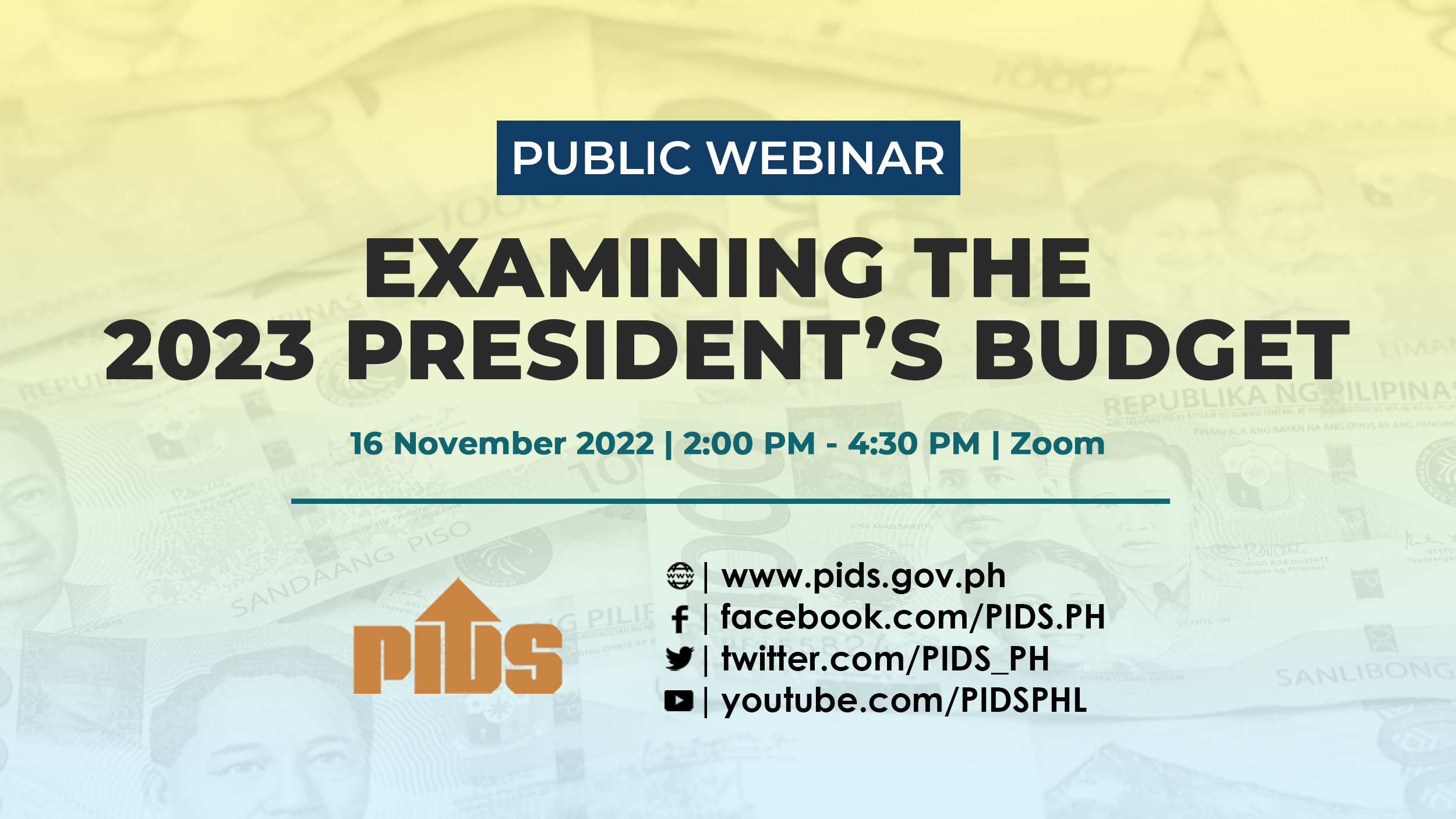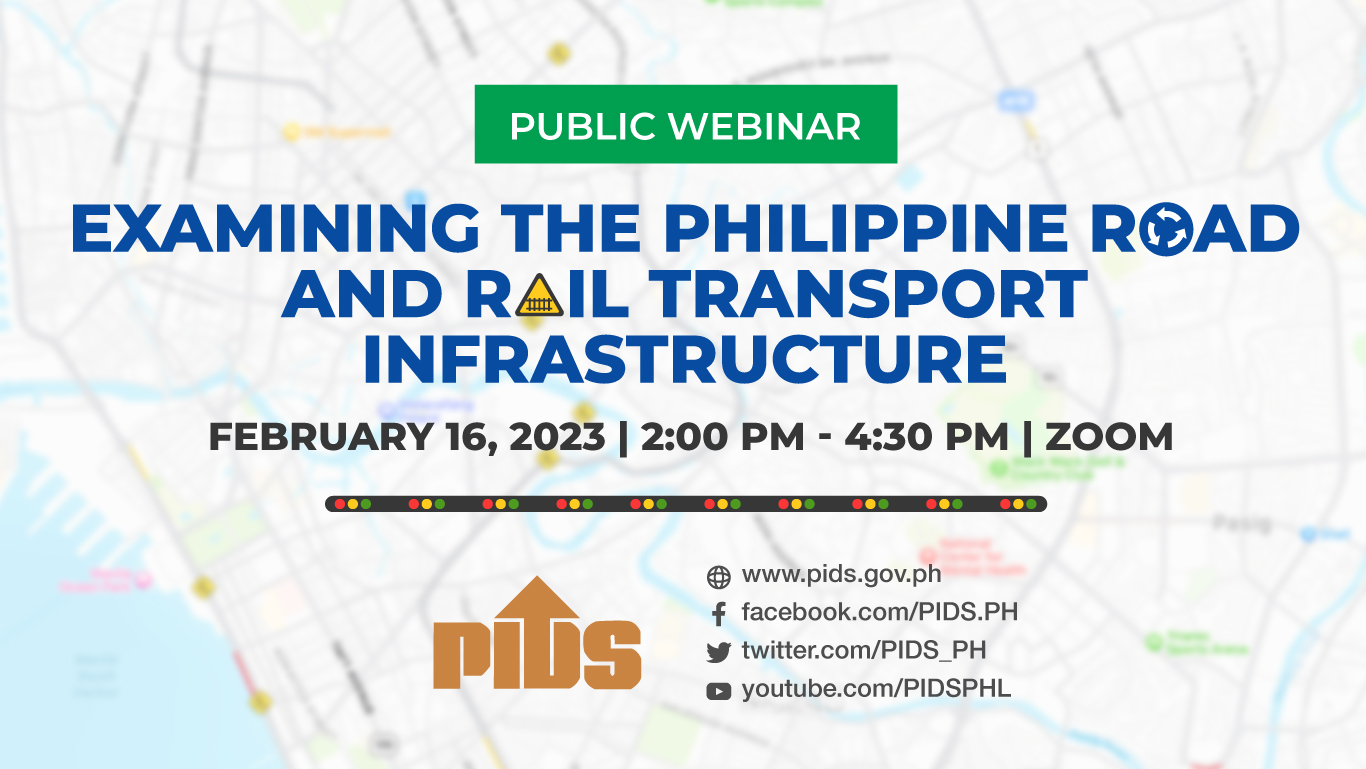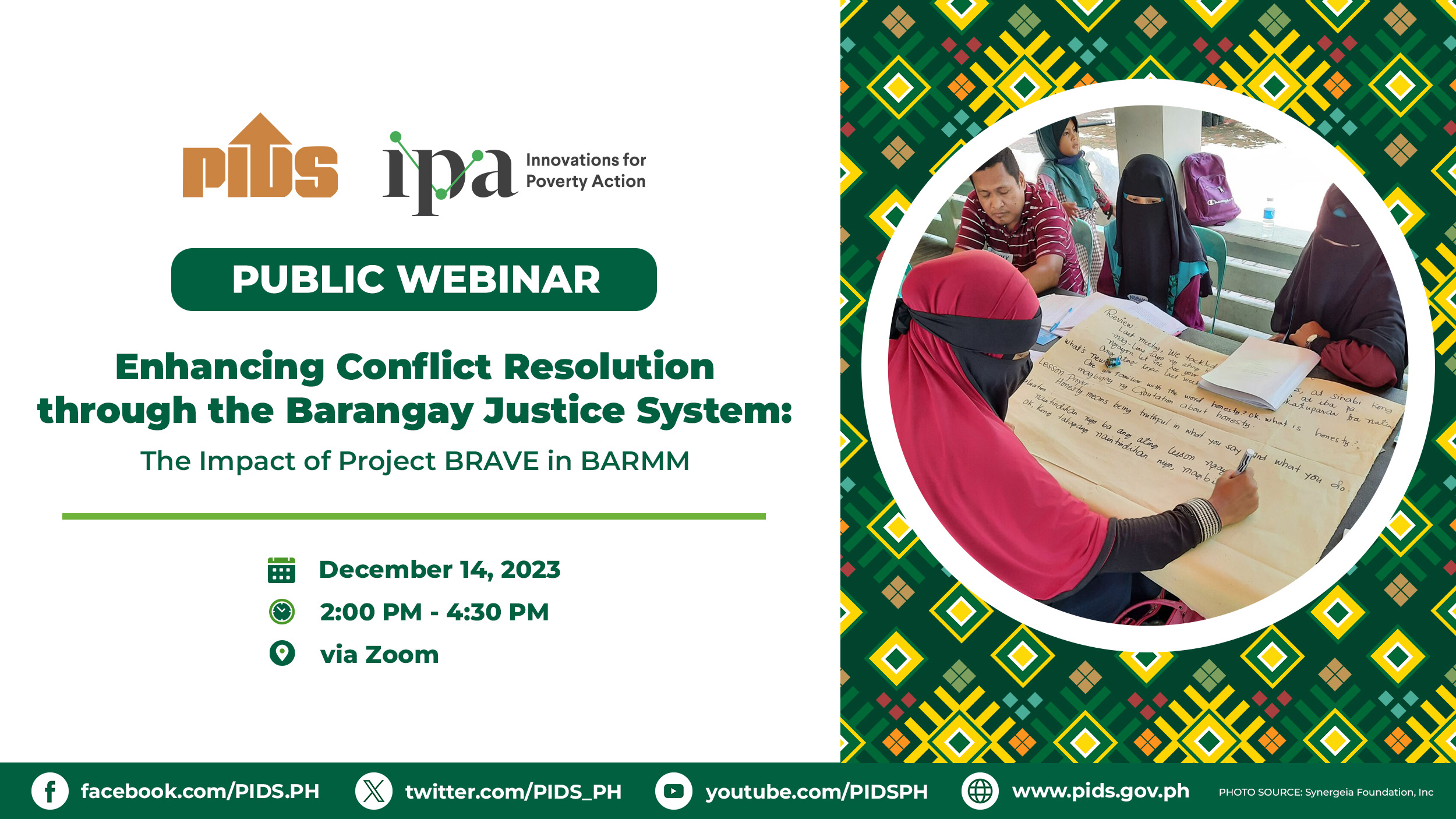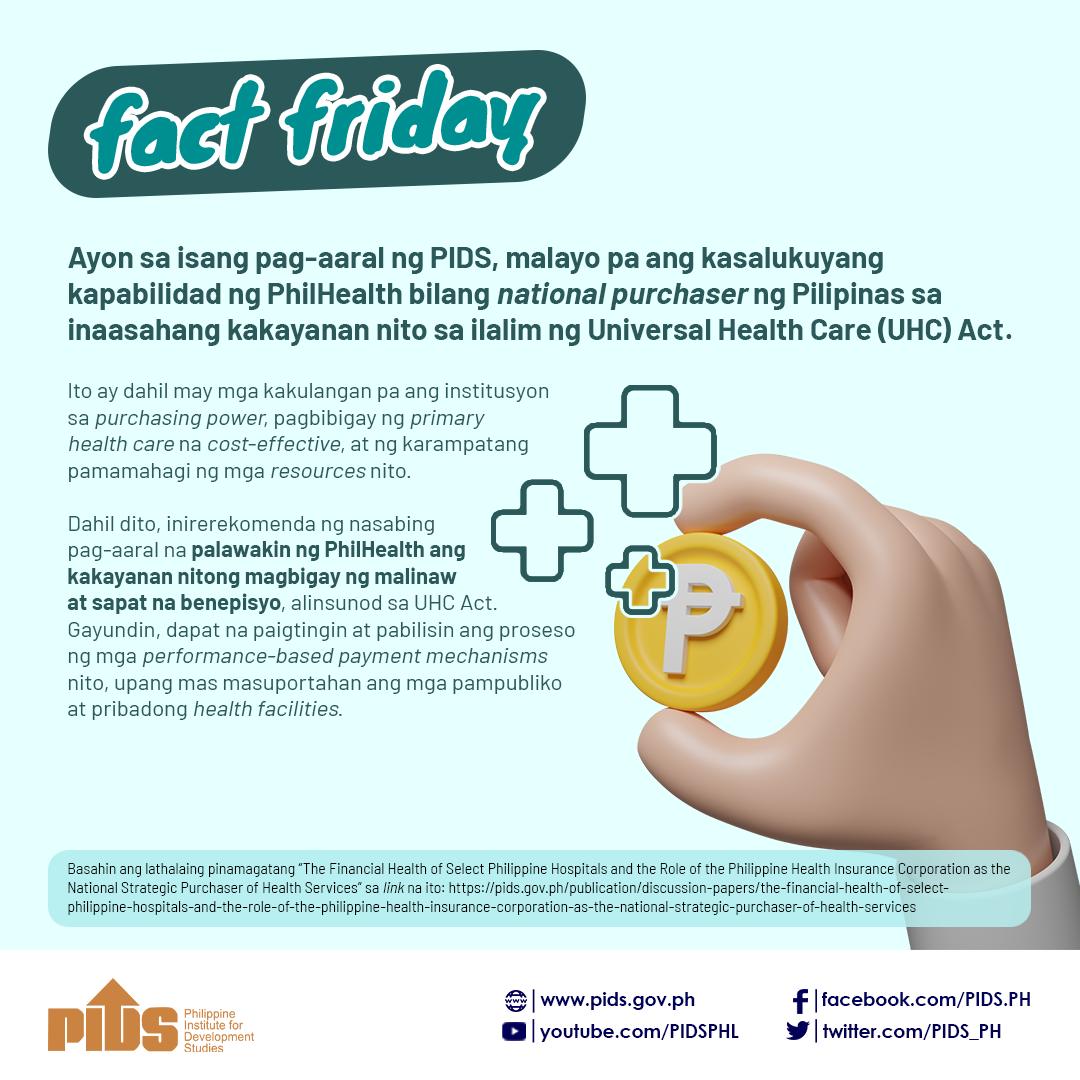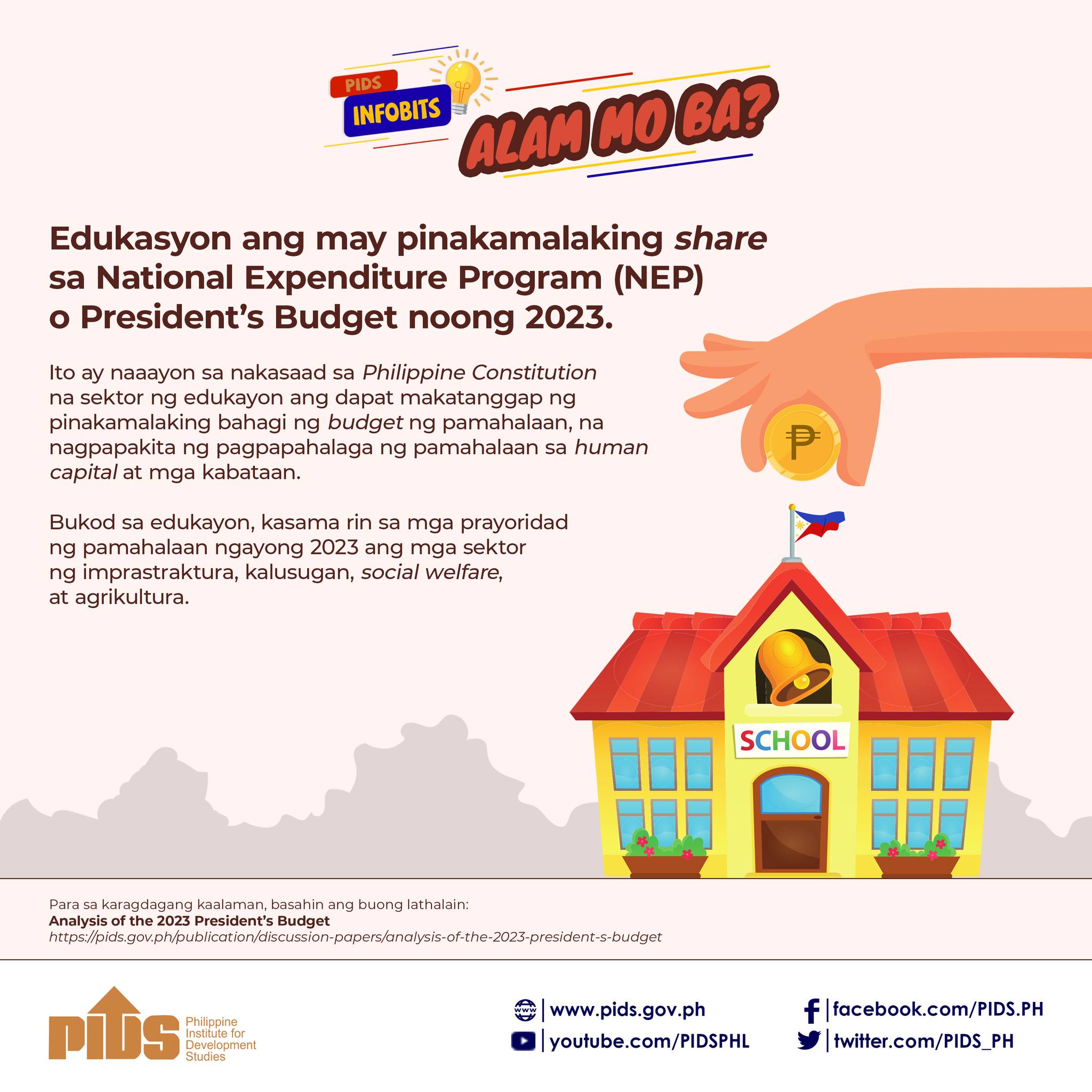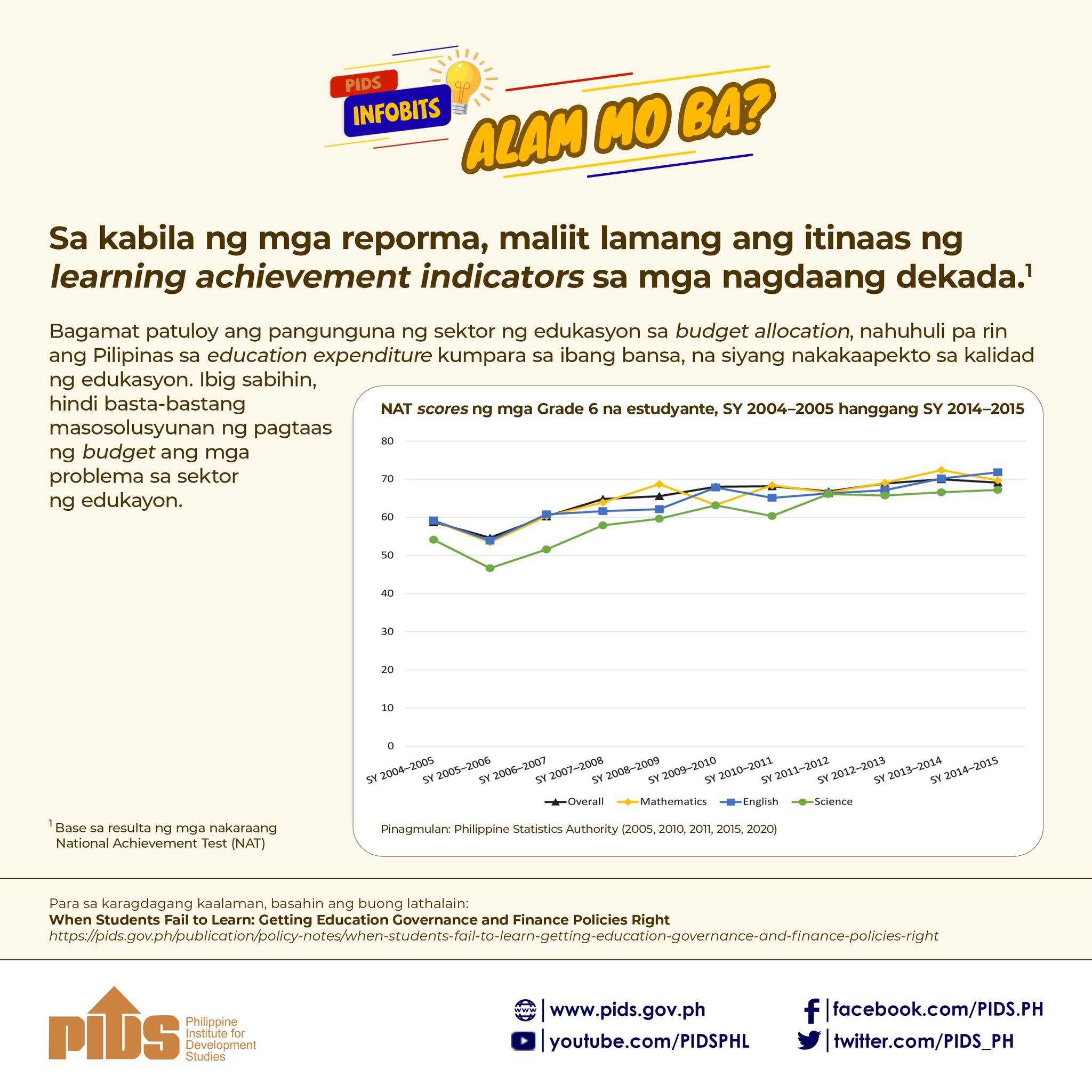The Southeast Asian Regional Center for Graduate Study and Research in Agriculture (SEARCA) through its Research and Thought Leadership Department (RTLD) conducted the first online Training-Workshop on National Roadmap Development on 7-9 April 2021. The training-workshop for the initial batch of participants is part of the national technical assistance component on road mapping under the International Fund for Agricultural Development (IFAD)-funded Project Agricultural Transformation and Market Integration in the ASEAN Region: Responding to Food Security and Inclusiveness Concerns, or ATMI-ASEAN.
The three-day training-workshop was facilitated by Dr. Roehlano M. Briones, a Senior Research Fellow of Philippine Institute for Development Studies (PIDS) and the Lead Technical Consultant of the national road mapping exercise. This covered three main topics for the road map development of the selected priority value chains: (1) through a situation analysis; (2) a results-based management through the definition of goals, objectives, and key result areas; and (3) the strategy formulation through results matrix. Through the learning from the exercises in this training-workshop, as well as the discussions, a document stating the national roadmap for the relevant value chains will be developed.
The first batch of national experts who attended the event consisted of agribusiness value chain, commodity, and industry experts were from Myanmar and Philippines. They were joined by officials and staff of relevant government agencies who will take part as members and/or resource persons throughout the exercise. The experts will be the ones to coordinate and support the process of national roadmap development for the identified priority value chains.
Myanmar’s pulses value chain road mapping team include Dr. Tin Htut, Chairman of Myanmar Moon Star Group and Advisor at Myanmar Farmer’s Academy, as the agribusiness value chain expert; Mr. Myo Thu, Deputy Director General of Myanmar Trade Promotion Organization of Myanmar’s Ministry of Commerce, as the commodity expert; Mr. Soe Win Maung, Consultant at Myanmar Pulses, Beans and Sesame Seeds Merchants Association (MPBSA), as the industry expert; and selected officials and staff from the Ministry of Agriculture, Livestock and Irrigation (MOALI) led by Mr. Kyaw Swe Lin, Director General of MOALI’s Department of Planning (DOP).
On the other hand, the Philippines’ road mapping team for the processed pork-based products include Ms. Jewel Joanna Cabardo and Ms. Nohreen Ethel Manipol, both Assistant Professors at the Department of Agribusiness Management and Entrepreneurship (DAME), College of Economics and Management (CEM), University of the Philippines Los Baños (UPLB), as the agribusiness value chain and commodity experts, respectively; Mr. Anton Simon Palo, General Manager, Foodlink Advocacy Co-operative, as the industry expert; the research team who conducted the chosen commodity’s value chain study led by Mr. Cenon Elca, Assistant Professor at the Department of Agricultural and Applied Economics (DAAE), CEM, UPLB; and represenatatives from relevant government agencies. Dr. William Medrano, Undersecretary-designate for Livestock of the Department of Agriculture (DA), had instructed the officials and staff of DA’s livestock agencies to participate in the training-workshop not only to provide inputs to the road mapping team in the workshop sessions, but also to acquire additional information on the process of roadmap development which is part of DA’s Eight Paradigms to Level Up Agriculture. Participating agencies include the Bureau of Animal Industry (BAI), National Dairy Authority (NDA), National Livestock Program of DA, and Philippine Carabao Center (PCC).
Dr. Glenn Gregorio, SEARCA Director, closed the training-workshop and emphasized that this marks the beginning of the countries’ “respective roads in realizing investments, policies, and institutional reforms identified in the national roadmap”.
The ATMI-ASEAN Project is being implemented by the International Food Policy Research Institute (IFPRI) as the lead institution and SEARCA as partner.

